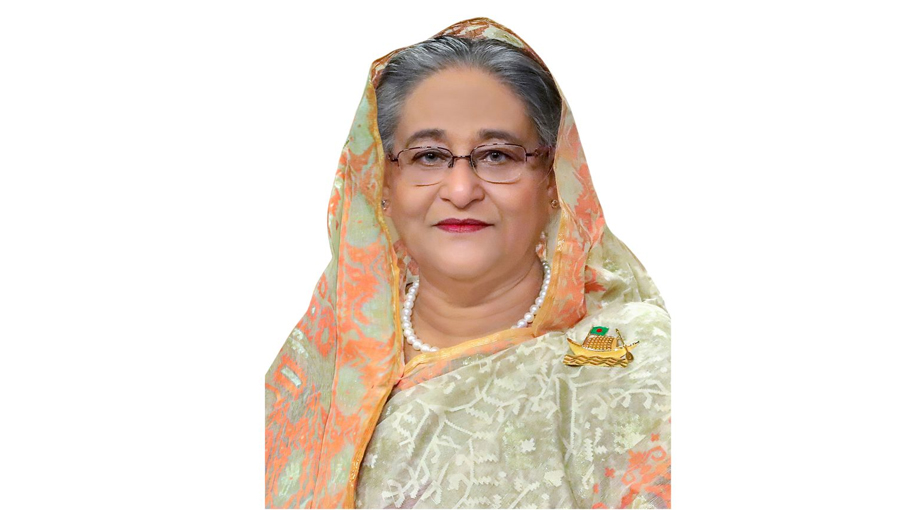Bangladesh cancelled 10 coal-based power plants: Sheikh Hasina

Prime Minister Sheikh Hasina on Monday said Bangladesh has cancelled 10 coal-based power plants involving 12 billion dollars of foreign investment, just to supplement its efforts against the adverse impacts of climate change.
“We’ve cancelled 10 coal-based power plants worth 12 billion dollars of foreign investment,” she said while addressing the 26th Session of the Conference of the Parties (COP26) of United Nations Framework Convention on Climate Change (UNFCCC).
She also put forward four points to the world leaders to fight climate change.
Read more: Purchase committee nods to 660MW power plant proposal
In the first point, Hasina said, the major emitters must submit ambitious NDCs (Nationally Determined Contributions), and implement those.
“Second,” she said, “The developed countries should fulfill their commitments of providing 100 billion dollars annually with a 50:50 balance between adaptation and mitigation.”
Third, the Prime Minister said, the developed countries should disseminate clean and green technology at affordable costs to the most vulnerable countries. “The development needs of the CVF countries also need to be considered.”
In her fourth point, Hasina said the issue of loss and damage must be addressed, including global sharing of responsibility for climate migrants displaced by sea-level rise, salinity increase, river erosion, floods, and draughts.
The Prime Minister said the government has recently submitted an ambitious and updated NDC to UNFCCC. “Bangladesh has one of the world’s most extensive domestic solar energy programs. We hope to have 40 percent of the country’s energy from renewable sources by 2041.”
She said, “We’re going to implement the ‘Mujib Climate Prosperity Plan’- a journey from climate vulnerability to resilience to climate prosperity.”
Hasina said Bangladesh is trying to address the challenge of climate impacts because of 1.1 million forcibly displaced Myanmar nationals or Rohingyas.
She said Bangladesh is one of the most climate-vulnerable countries, though it contributes less than 0.47 percent of global emissions.
Hasina mentioned that the government has established the “Bangladesh Climate Change Trust Fund” in 2009 to address this challenge. “We’ve doubled climate-related expenses in the last seven years. Currently, we’re preparing the National Adaptation Plan.”
As the Chair of the Climate Vulnerable Forum (CVF) and V20, Bangladesh is promoting the interests of the 48 climate-vulnerable countries, she said.
“We’re also sharing best practices and adaptation knowledge regionally through the South Asia Office of the Global Center of Adaptation’s Dhaka,” she added.
On behalf of the CVF, Hasina said, Bangladesh is pursuing to establish a Climate Emergency Pact.



